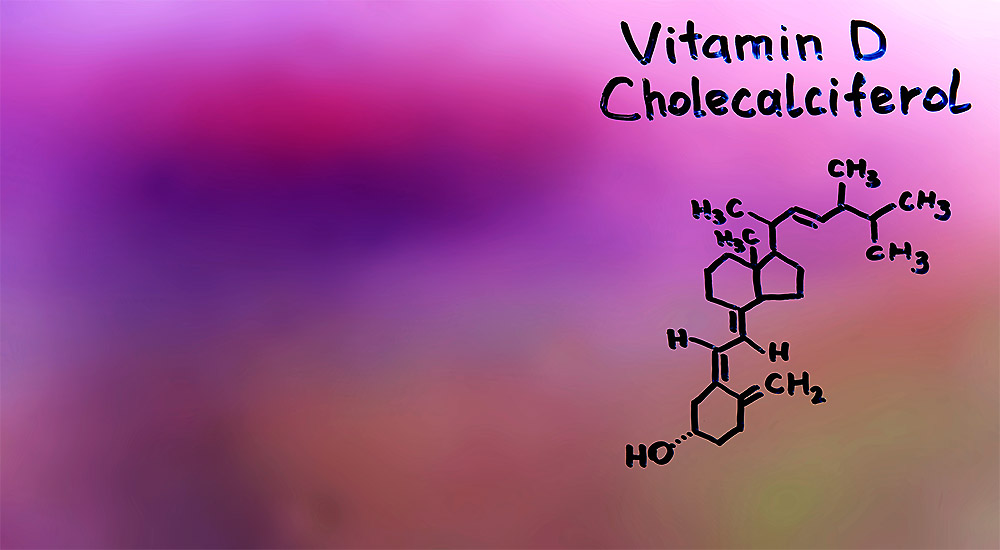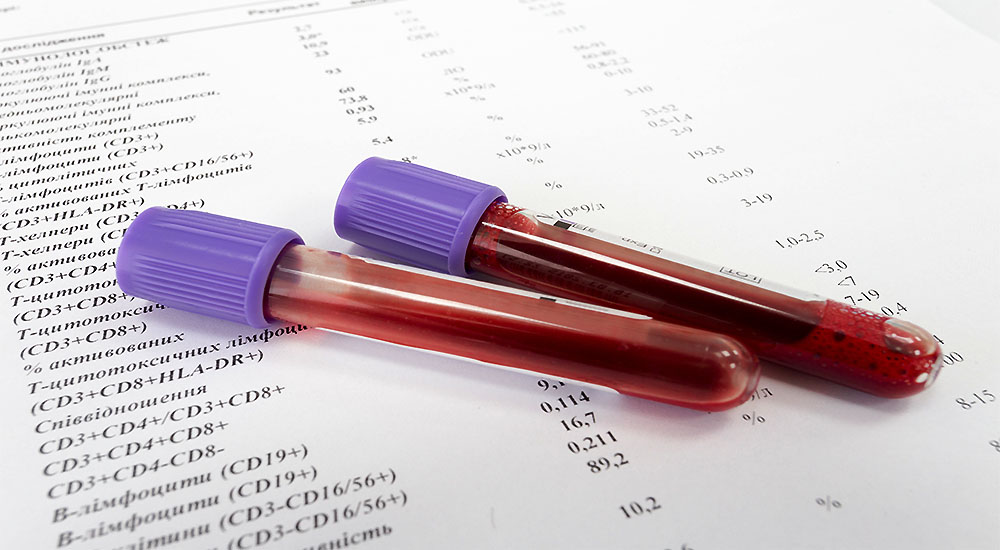How to Get Rid of a Dessert Stomach


As a clinical nutritionist I have learned that while this explanation was not anatomically correct, it did have a lot of truth. Over the years I have met many a patient who lamented that no matter how much they ate or how well they tried to eat, their body still wanted dessert after a meal. And that sugar craving could be almost impossible to resist.
While I didn’t inherit my mother’s fantasy ‘dessert stomach’, I did inherit her gluten intolerance and weak adrenal glands. And before I knew much about anatomy, I would have told you that my dessert stomach, or at least my sugar cravings, were alive and well and ruining my life.
Why Does the Body Crave Sugar?
The body needs a steady stream of glucose or blood sugar going to the various parts of the body to keep them fueled. A well fueled and satisfied body results in well-fed cells (you have 10 trillion of them) that don’t crave sweets or much of anything for that matter. Why?
Because they are truly well fed. But what if you are trying to feed your body well and you still crave sugar? It means that your cells aren’t actually satisfied. and that what you think is correct nutrition for your body isn’t. If you had told me that one day I could kiss my dessert stomach good-bye I wouldn’t have believed you.
Granted I am very disciplined and I kept it in check, but it was a conscious and rather continuous action. The fact that one day it would just be gone, completely, was something I couldn’t even fathom.
How To Get Rid of a Dessert Stomach
The truth of the matter is that only a few things commonly underlie sugar cravings. The most common ones we see as clinical nutritionists are:
• poor nutrition
• poor absorption
• hormonal imbalance
You could suffer from one or more. Personally, I had all three, and so did my mother. Let’s take each one individually.
Do You Suffer from Poor Nutrition?
If you were speaking of such a thing in someone who lived in a third world country, you would likely be discussing a problem of lack of food that was creating a poor nutritional status.
Unfortunately, we suffer from poor nutrition right here in our ‘land of plenty’ where, for most, there is plenty of food to eat. If there’s enough food, how can we be malnourished? Quite simply our Standard American Diet (SAD) is truly a mess.
In the field of clinical nutrition, we call this “suffering from over-consumption malnutrition”, unfortunately, an all too common malady in this country. Our ‘food’ offerings are often artificial, over-processed, genetically modified, loaded with hormones, preservatives, etc. The second part of malnutrition deals with having a food sensitivity. This means that the food you are eating is actually acting as more of a poison or toxin than it is food.
You could be consuming organic wheat berries, but if you are gluten intolerant, you will get severely ill. Other common food sensitivities are dairy products, corn, and soy. So our first action step is to:
1. Determine if you have a food sensitivity
2. Clean up your diet to avoid ‘food-like’ products that are artificial, over-processed, genetically modified, hormone-laden, and full of preservatives.
This is not difficult. Yes, it takes a little time, but the most common response we hear from patients who receive clinical nutrition care and begin to feel better than they ever thought possible, is: “How can it be so simple? All I did was change my diet?” That is usually followed by this question: “Why didn’t anyone ever tell me to do this before?!”
Do You Suffer from Poor Absorption?
Poor absorption is often present secondary to what we just discussed under poor nutrition. In order to absorb the food you need:
• A healthy digestive tract
• Adequate amounts of digestive enzymes
• A proper pH – not too acidic nor too alkaline
• Good nutrition
Therefore when we discover that a patient has poor absorption, we strive to get to the root cause of why. It’s fine to add some digestive enzymes to improve absorption, but if that’s all you do it’s almost as bad as just giving a drug to mask the symptoms.
If there aren’t adequate enzymes, we need to find out why. The reason why is frequently a poor diet and the presence of food sensitivities.
So the beauty of fixing one is that it will likely go a long way towards fixing the other. So there’s action step number two.
Do You Suffer from Hormonal Imbalance?
Men and women have adrenal glands, the stress glands. The adrenal glands are very sensitive to unstable blood sugar caused by the reasons we’ve just discussed. The adrenal glands provide energy in the form of adrenaline, but when blood sugar isn’t stable, they will let the ‘sugar monkey’ loose and you’ll start craving sweets something fierce. The adrenal glands simply want a steady stream of blood sugar that they can direct to needed areas of the body. When that blood sugar is irregular or deficient, they will give you bad advice – ”Eat a lot of sugar!”
Progesterone is a predominantly female hormone but men manufacture some as well. Progesterone is a glucose tolerance factor, meaning that it will act to keep blood sugar stable. This is a good thing!
Unfortunately with adrenal stress, progesterone is not made in adequate amounts but instead, its production is diverted towards making other hormones to help handle the stress load. While it’s brilliant of the body to be able to manufacture what it needs most acutely at a given time, what it leaves your body suffering from is sugar cravings, moodiness, and menstrual cramps along with PMS if you’re a woman.
Normalizing adrenal function is not difficult and it is a completely natural program – no drugs nor surgery. It is a critical factor in getting rid of sugar cravings as well. So action step number three is to determine if you have adrenal stress and treat it effectively. Some women may need to augment with natural progesterone as well.
Good-bye Sugar Cravings
If you crave sugar you will be able to relate to what I’m about to say. If you never have, this will seem rather unreal to you. It’s one thing to keep the ‘sugar monkey’ locked up, gagged, or sedated! It’s quite another thing to have the sugar monkey leave the building.
It is the difference between seeing dessert, desperately wanting it but stoically walking away because you know it’s the right thing to do, versus seeing dessert and thinking, “No thank you”, it doesn’t even look particularly good to you.
Now if you think the above could NEVER happen to you, think again. I, and many patients, are living proof that the ‘sugar monkey’ truly can leave the building and your life forever. It’s not that sugar doesn’t taste good. And it’s not that you can’t remember liking it and craving it. It’s just that you truly don’t want it. I know – hard to believe!
What if I Want an Occasional Dessert?
It’s fine to have sugar occasionally. When I first got rid of my ‘sugar monkey’ I was a little worried that if I had any sugar he might come back. But now that I have handled the above issues, I can have a bit of dark chocolate, which I still enjoy but do not crave, and no cravings return.
We Really Just Want Optimal Health
This post is not just about the evils of sugar. Sure, it’s not health food, but that’s not the point. It’s the cravings that we are discussing at length here. Why? Because when you crave sugar it means that you’re not healthy. You’re not well nourished, you likely have food sensitivities, poor absorption, and hormonal imbalance. These problems affect you in many ways beyond having a ‘dessert stomach’, that’s just the symptom.
So, if you suffer from a ‘dessert stomach’ or an obnoxious ‘sugar monkey’, come on over to our Clinical Nutrition department. We specialize in the removal of these pesky problems. I promise you, you’ll never miss them and the good health you’ll enjoy as a result will be well worth the effort. If you don’t live locally don’t lament. Our Destination Clinic sees patients from across the country and internationally. Give us a call and we can set up a free health analysis.
Do you need help with your health?
We have the diagnostic and testing tools, the clinical experience, and a different medical approach to discovering the root cause of why you have the symptoms that are bothering you. As long as you are ready to make some dietary and lifestyle changes, we can help you. We will "hold your hand" through the changes, step by step, to make each step an easy one. We are located in Clearwater, FL, at 1000 S Ft Harrison, at the corner of Ft. Harrison Ave. and Magnolia St. There is plenty of parking space directly accessible from Ft Harrison. If it is not convenient for you to come to Root Cause Medical Clinic, we offer telehealth/telemedicine consultations to residents of certain states. Call us for details.
Contact us for a Consultation – Call 727-335-0400

Dr. Vikki Petersen DC. CCN
Founder of Root Cause Medical Clinic
Certified Functional Medicine Practitioner
Dr Vikki Petersen is a public speaker, author of two books, several eBooks and creates cutting edge content for her YouTube community. Dr Vikki is committed to bringing Root Cause Medicine and its unique approach to restoring health naturally to the world.
Ask a Doctor
Have a health concern you'd like to speak with a doctor about? Or just want clarity on a subject? Ask Us!


